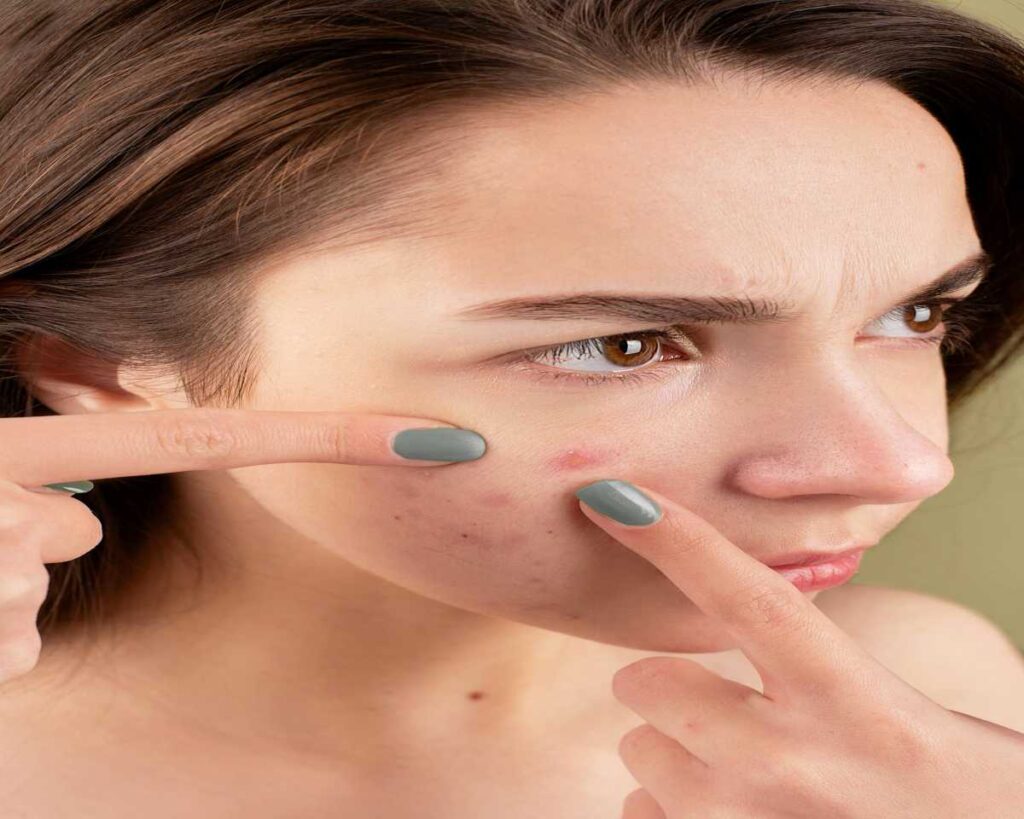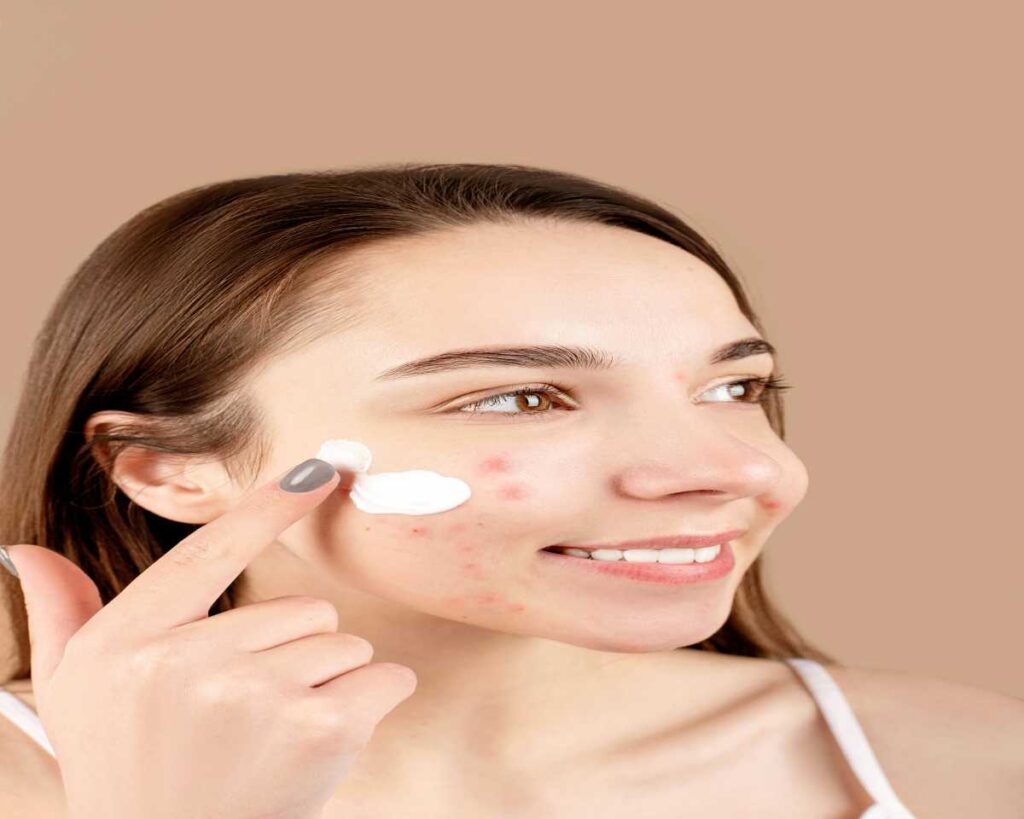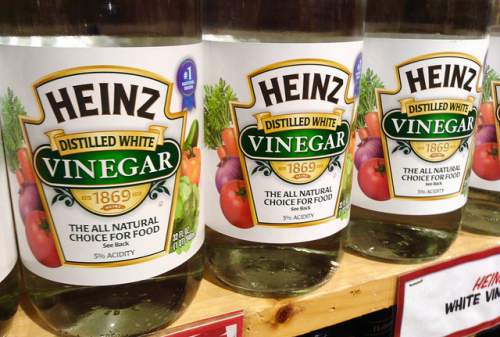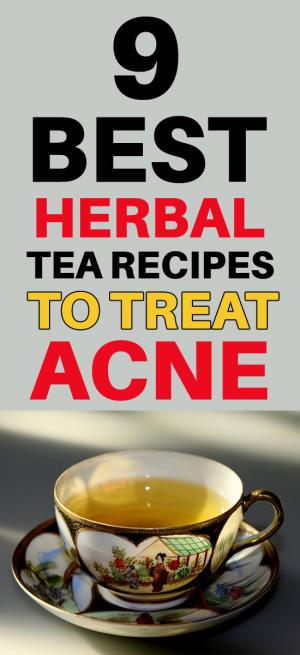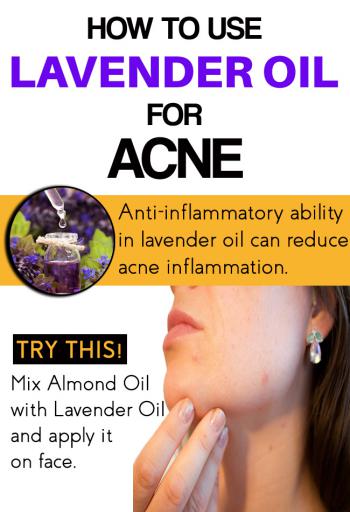Hard pimples, also known as cystic acne, can be one of the most frustrating and painful skin issues to deal with. These deep, inflamed bumps are often red and tender, and they can take longer to heal than typical pimples. Understanding their causes and exploring effective home remedies and treatments can help you manage and reduce hard pimples effectively. In this blog, we will cover everything from prevention to treatment options.
1. Understanding Hard Pimples
What Are Hard Pimples?
Hard pimples form when hair follicles become clogged with oil, dead skin cells, and bacteria. This blockage leads to inflammation, resulting in painful, swollen nodules under the skin. Unlike regular pimples, which often come to a head, hard pimples remain beneath the surface and can be more challenging to treat.
Causes of Hard Pimples
Several factors can contribute to the formation of hard pimples:
- Hormonal Changes: Fluctuations in hormones, particularly during puberty, menstruation, or pregnancy, can lead to increased oil production and clogged pores.
- Diet: Consuming high-glycemic foods, dairy, and processed sugars can trigger acne in some individuals.
- Stress: Stress can lead to hormonal changes that exacerbate acne.
- Poor Skincare Habits: Inadequate cleansing, over-exfoliating, or using harsh products can irritate the skin and lead to breakouts.
2. Home Remedies for Hard Pimples
If you’re dealing with hard pimples, several effective home remedies can help reduce inflammation, unclog pores, and promote healing.
1. Warm Compress
Applying a warm compress can help soothe hard pimples and encourage drainage.
- How to Use: Soak a clean cloth in warm water, wring out the excess, and place it on the affected area for 10-15 minutes. Repeat several times a day.
2. Tea Tree Oil
Tea tree oil is known for its antibacterial and anti-inflammatory properties, making it a popular remedy for acne.
- How to Use: Dilute tea tree oil with a carrier oil (like jojoba or coconut oil) at a ratio of 1:9. Apply it to the affected area with a cotton swab and leave it on for at least 30 minutes before rinsing off.
3. Aloe Vera
Aloe vera has soothing properties that can help reduce inflammation and redness.
- How to Use: Apply fresh aloe vera gel directly to the hard pimple. Leave it on overnight for the best results.
4. Honey
Honey has antibacterial properties and can help reduce swelling and redness.
- How to Use: Apply a small amount of raw honey to the pimple and leave it on for 30 minutes before rinsing with lukewarm water.
5. Witch Hazel
Witch hazel is a natural astringent that can help reduce inflammation and promote healing.
- How to Use: Soak a cotton ball in witch hazel and apply it to the affected area twice a day.
6. Apple Cider Vinegar
Apple cider vinegar can help balance the skin’s pH and has antibacterial properties.
- How to Use: Mix one part apple cider vinegar with three parts water. Apply the mixture to the hard pimple using a cotton ball and leave it on for 15-20 minutes before rinsing.
7. Baking Soda
Baking soda can help exfoliate the skin and absorb excess oil.
- How to Use: Mix baking soda with water to form a paste. Apply it to the hard pimple and leave it on for 10-15 minutes before rinsing.
3. Over-the-Counter Treatments
In addition to home remedies, several over-the-counter treatments can effectively manage hard pimples:
1. Benzoyl Peroxide
Benzoyl peroxide helps kill acne-causing bacteria and reduce inflammation. Look for products with 2.5% to 10% benzoyl peroxide.
2. Salicylic Acid
Salicylic acid is a beta hydroxy acid (BHA) that helps exfoliate the skin and unclog pores. It is effective for treating various types of acne, including hard pimples.
3. Retinoids
Over-the-counter retinoid creams or gels can help promote cell turnover and prevent clogged pores. Start with a lower concentration to avoid irritation.
4. Lifestyle Changes to Prevent Hard Pimples
While treating existing hard pimples is essential, preventing future breakouts is equally important. Here are some lifestyle changes to consider:
1. Maintain a Healthy Diet
- Eat a balanced diet rich in fruits, vegetables, whole grains, and lean proteins. Limit processed foods, sugar, and dairy, which may trigger acne in some individuals.
2. Stay Hydrated
- Drink plenty of water to keep your skin hydrated and help flush out toxins.
3. Practice Good Skincare
- Cleanse your skin twice a day with a gentle cleanser. Avoid over-exfoliating or using harsh products that can irritate the skin.
4. Manage Stress
- Engage in stress-reducing activities like yoga, meditation, or exercise to help balance hormones and reduce acne.
5. Avoid Touching Your Face
- Keep your hands away from your face to prevent transferring bacteria and oils that can contribute to breakouts.
5. When to See a Dermatologist
If you have tried home remedies and over-the-counter treatments without success, or if your hard pimples are severe or recurrent, it’s essential to consult a dermatologist. They can evaluate your skin condition and may recommend prescription treatments, such as topical or oral medications, to help manage your acne.
6. Conclusion
Dealing with hard pimples can be challenging, but with the right knowledge and remedies, you can effectively manage and reduce them. By incorporating home remedies, over-the-counter treatments, and lifestyle changes, you can improve your skin’s health and prevent future breakouts. Remember, patience is key, as it may take time to see significant improvements. If in doubt, don’t hesitate to seek professional guidance to find the best approach for your skin.
